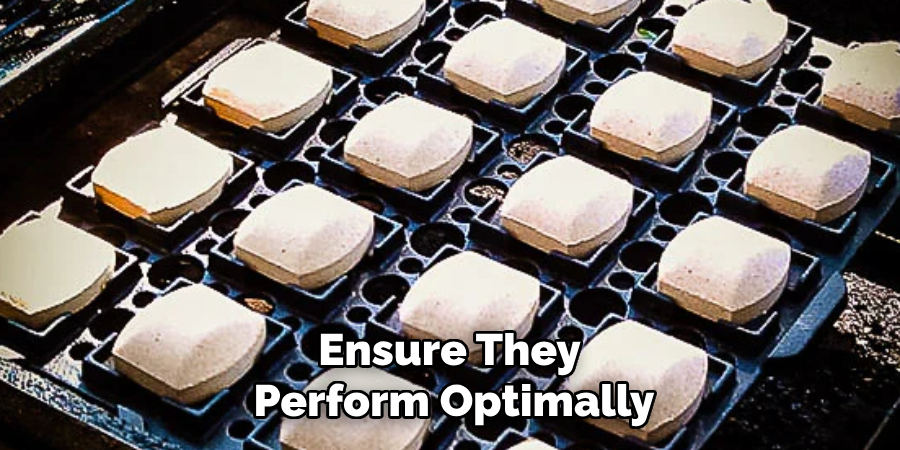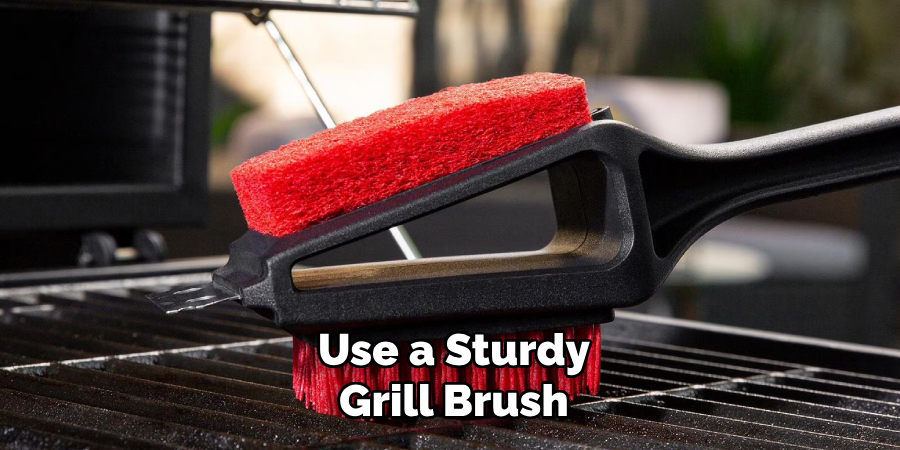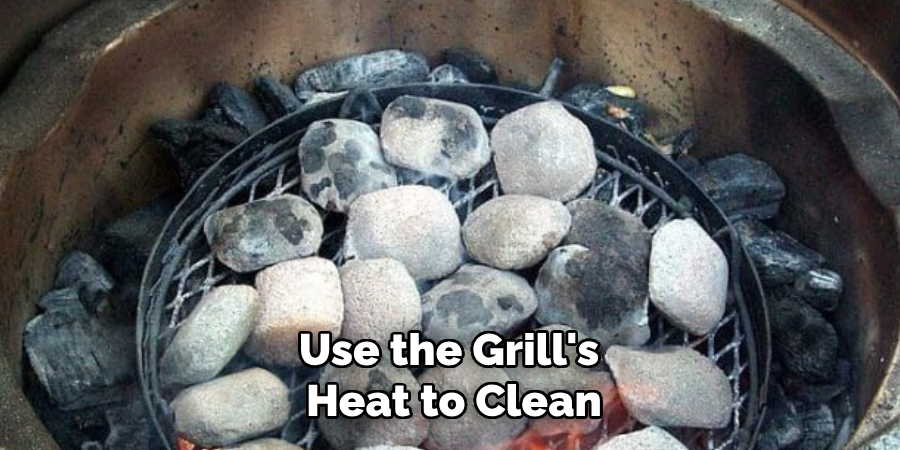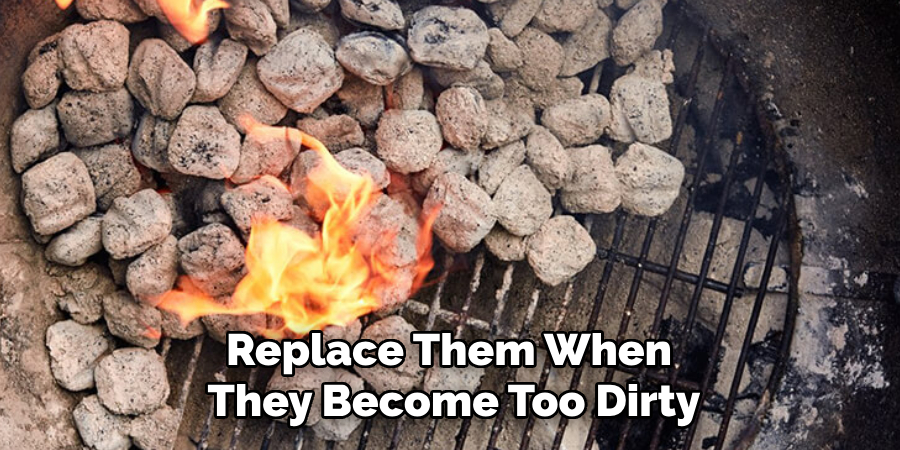Ceramic briquettes are a popular choice for many grill enthusiasts due to their ability to distribute heat evenly and enhance the flavor of grilled food. However, over time, they can accumulate grease and residue, which may affect their performance and the taste of your food. Proper cleaning and maintenance of ceramic briquettes are essential to ensure they continue to function optimally and provide that perfect grilling experience. This guide will walk you through the process of how to clean ceramic briquettes effectively, keeping your grill in top shape and your meals delicious.

Benefits of Using Ceramic Briquettes
Ceramic briquettes offer several advantages that make them a preferred option for many grill users. One of the primary benefits is their excellent heat retention and distribution capabilities. Unlike traditional charcoal, ceramic briquettes provide a consistent temperature across the entire grill surface, which helps food cook more evenly. This even heat distribution can minimize the risk of burning or unevenly cooked portions, resulting in better-tasting meals.
Additionally, ceramic briquettes are known for their durability and longevity; they do not degrade as quickly as wood-based products, allowing for repeated use over time. They also enhance the flavor of grilled foods by vaporizing drippings, which then infuse back into the food, adding a smoky taste that many enthusiasts cherish. Not only are ceramic briquettes efficient and effective, but they also contribute to a cleaner grilling process by reducing flare-ups, making them a practical choice for both amateur and professional grillers alike.
When to Clean Ceramic Briquettes
Knowing when to clean your ceramic briquettes will ensure they perform optimally and maintain the quality of your grilled dishes. Typically, it is a good idea to inspect the briquettes for any buildup of grease or food residue every few uses. If you notice excessive residue or if your grill experiences frequent flare-ups, it’s time to clean the briquettes. Additionally, a noticeable decline in grilling performance, such as inconsistent heat distribution or a change in food taste, can also indicate that cleaning is necessary. Regular maintenance will not only enhance the efficiency of your grill but also extend the lifespan of the briquettes, ensuring many future enjoyable grilling sessions.

Tools and Materials Needed for Cleaning
To clean your ceramic briquettes effectively, you’ll need a few essential tools and materials. Begin with a grill brush or a scraping tool to help remove any loose debris and heavy buildup from the briquettes. A bucket or large container filled with warm, soapy water will be necessary for soaking. Dish soap is recommended, as it can break down grease and residue without damaging the briquettes.
A soft scrub brush or sponge will aid in gently scrubbing the briquettes during the cleaning process. Be sure to have a clean cloth or towel handy for drying the briquettes thoroughly before returning them to the grill. Lastly, consider using a pair of grill gloves to protect your hands from both heat and mess during the cleaning process. With these tools and materials, you’ll be equipped to maintain your ceramic briquettes and keep your grill in excellent condition.
10 Methods How to Clean Ceramic Briquettes
Ceramic briquettes are a staple in the grilling world, beloved by BBQ aficionados and home cooks alike for their ability to distribute heat evenly and enhance the flavor of grilled foods. However, maintaining them is crucial to ensuring your grill performs at its best. In this listicle, discover 10 effective methods to clean ceramic briquettes and keep your grill in top-notch condition.
1. Brush Them Down
Use a sturdy grill brush to remove food particles and grease from the surface of your briquettes. Regular brushing prevents buildup and ensures even heat distribution during your next grilling session.

2. Rinse with Water
For a simple clean, remove the briquettes from your grill and rinse them under warm water. This method is excellent for removing loose debris and requires no special equipment.
3. Use a Vinegar Solution
Create a cleaning solution by mixing equal parts water and white vinegar. The acidity of vinegar helps break down grease and grime. Spray the solution on the briquettes, allow it to sit for a few minutes, then wipe clean with a cloth.
4. Baking Soda Paste
Baking soda is a fantastic cleaning agent. Make a paste with water and apply it to your briquettes. Scrub gently with a brush and rinse thoroughly. This method will tackle tougher stains and odors.
5. Heat Clean
Use the grill’s heat to clean the briquettes naturally. Turn the grill on high and close the lid for about 15 minutes. The heat will burn off excess residue, leaving your briquettes cleaner.

6. Use a Degreaser
If your briquettes are heavily soiled, a commercial degreaser might be necessary. Follow the product instructions carefully to avoid damaging the ceramic material.
7. Dish Soap and Warm Water
For a gentle but effective clean, soak your briquettes in warm, soapy water. Rinse well to remove all soap residues before placing them back on the grill.
8. Steam Clean
Fill a metal container with water and place it on the grill beside the briquettes. Close the lid and turn the grill on high. The steam will loosen grime, making it easier to wipe away.
9. High-Pressure Hose
A high-pressure hose can help blast away stubborn debris. Ensure the pressure isn’t too high to avoid damaging the briquettes, and make sure they dry completely before using.
10. Replace When Necessary
Despite regular cleaning, ceramic briquettes will eventually wear out. Replace them when they become too dirty or start to crumble to maintain optimal grilling performance.

Maintenance and Upkeep of Ceramic Briquettes
Consistent maintenance and upkeep of ceramic briquettes are vital to preserving their functionality and extending their lifespan. Firstly, regular inspections should be carried out to detect any wear or damage. These include checking for cracks or crumbling, which can indicate the need for replacement. Following each grilling session, a small routine of quickly brushing off residue with a grill brush can prevent buildup that traps grease and affects heat distribution.
Additionally, periodically using one of the previously mentioned cleaning methods ensures that the briquettes remain free of stubborn debris or grease. When not in use, protect your grill from the elements, as moisture can infiltrate and damage the briquettes over time. Using a quality grill cover is a simple yet effective strategy to prevent exposure to rain and humidity. By incorporating these practices into your grilling routine, you can keep your ceramic briquettes in prime condition, ready to deliver optimal performance and flavor at every cookout.
Alternative Cleaning Methods for Ceramic Briquettes
If you’re looking to explore alternative cleaning techniques beyond the standard approaches, consider trying these options to maintain your ceramic briquettes:
Lemon and Salt Scrub
Lemon and salt make an excellent natural cleaning duo. Cut a lemon in half and dip one cut side into salt. Use the lemon to scrub the surface of the briquettes. The combined action of the citric acid and the abrasive salt helps loosen stubborn grime and refresh the briquettes with a fresh scent.
Hydrogen Peroxide and Baking Soda Mix
For a deeper clean, create a paste using hydrogen peroxide and baking soda. Apply it to the dirty areas of your briquettes and allow it to sit for 10-15 minutes before scrubbing gently with a brush. This mixture has strong cleaning properties that tackle even the toughest stains effectively.
Eco-Friendly Enzyme Cleaner
Enzyme cleaners are environmentally friendly and ideal for breaking down organic residue. Select a suitable enzyme cleaner and apply it following the product’s specific instructions. Enzymes work by digesting food particles and grease, leaving your briquettes clean and residue-free.
Boiling Water Treatment
Boiling water is a straightforward yet effective method. Submerge the briquettes in boiling water for several minutes. The high temperature aids in loosening stubborn residue, which can then be easily scrubbed off. Ensure the briquettes are adequately dried before returning them to the grill.
These alternative cleaning methods provide diverse options for maintaining your ceramic briquettes, allowing you to keep your grill in excellent shape while exploring different approaches.
Common Mistakes to Avoid
When caring for ceramic briquettes, avoiding certain common mistakes can help preserve their quality and ensure optimal performance. Firstly, using excessively harsh chemicals or abrasive cleaning tools can damage the ceramic material, so always opt for recommended cleaning solutions and gentle brushes.
Overlooking regular maintenance, such as not brushing away residue after each use, can lead to buildup that affects heat distribution. Additionally, storing your grill and briquettes improperly, such as leaving them exposed to moisture and weather elements, can hasten wear and cause damage. It is also important not to overload the grill with briquettes; too many can restrict air circulation and lead to inefficient grilling.
Conclusion
Proper care and maintenance of ceramic briquettes are integral to achieving the best grilling experience. By following a regular cleaning routine with both conventional and alternative methods, you can ensure the longevity of your briquettes and maintain consistent grilling performance. Avoiding common pitfalls, such as using harsh chemicals or neglecting to cover your grill, is essential to prevent unnecessary damage. So, there you have it – a quick and easy guide on how to clean ceramic briquettes.
With a keen eye for detail and a deep understanding of the firing process, I bring ceramics to life as a skilled kiln operator. My expertise ensures that each piece reaches its full potential, achieving the perfect balance of strength and beauty. I take pride in overseeing the critical final stage of pottery creation, transforming raw clay into stunning, durable art. 🎨
From monitoring temperatures to perfecting firing schedules, I ensure that every piece is fired to perfection. My role is not just about operating the kiln; it’s about understanding the unique needs of each creation and bringing out its best qualities.
Join me on this journey of precision and passion, where every firing tells a story. Whether it’s a delicate vase or a robust sculpture, I am dedicated to making sure that every piece that comes out of the kiln is a masterpiece. 🏺✨
Toby Rede is a professional potter focused on creating functional and artistic ceramics. His work blends natural textures with modern forms, often inspired by sustainable gardening and outdoor environments. Toby’s pottery emphasizes both utility and beauty, reflecting his philosophy of intentional craftsmanship. On the blog, he shares insights on integrating handmade objects into everyday life.
Education
- Master of Fine Arts in Ceramics, California College of the Arts
Professional Focus
- Creating practical pottery for everyday use.
- Using unique styles and techniques to convey narratives in ceramics.
Professional Accomplishments
- Showcased work in local and national art galleries, gaining recognition for craftsmanship.
- Received accolades for innovative designs in pottery competitions.